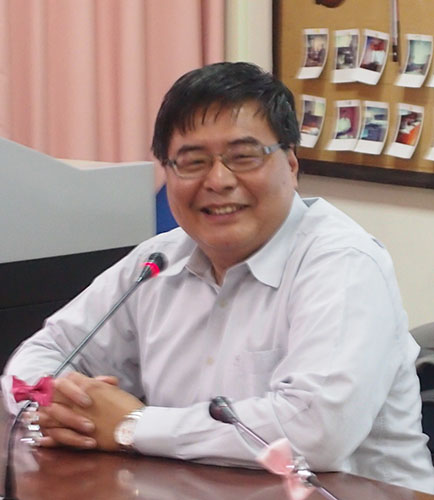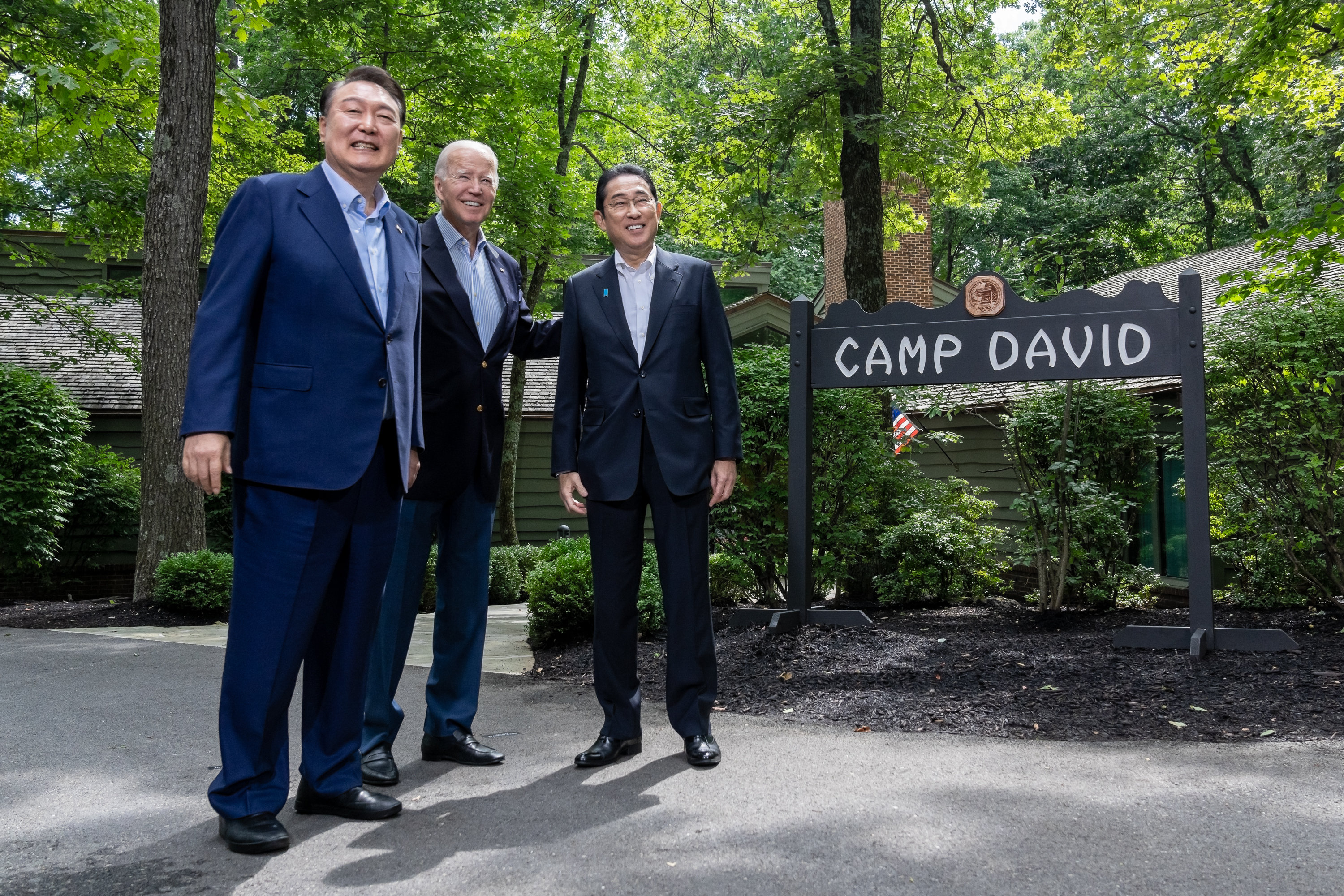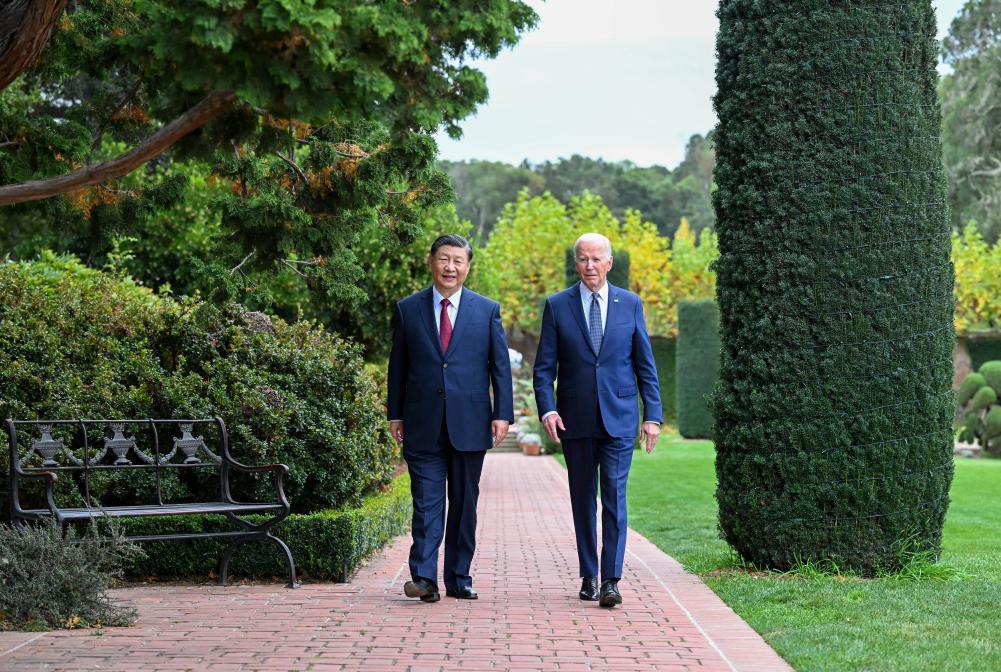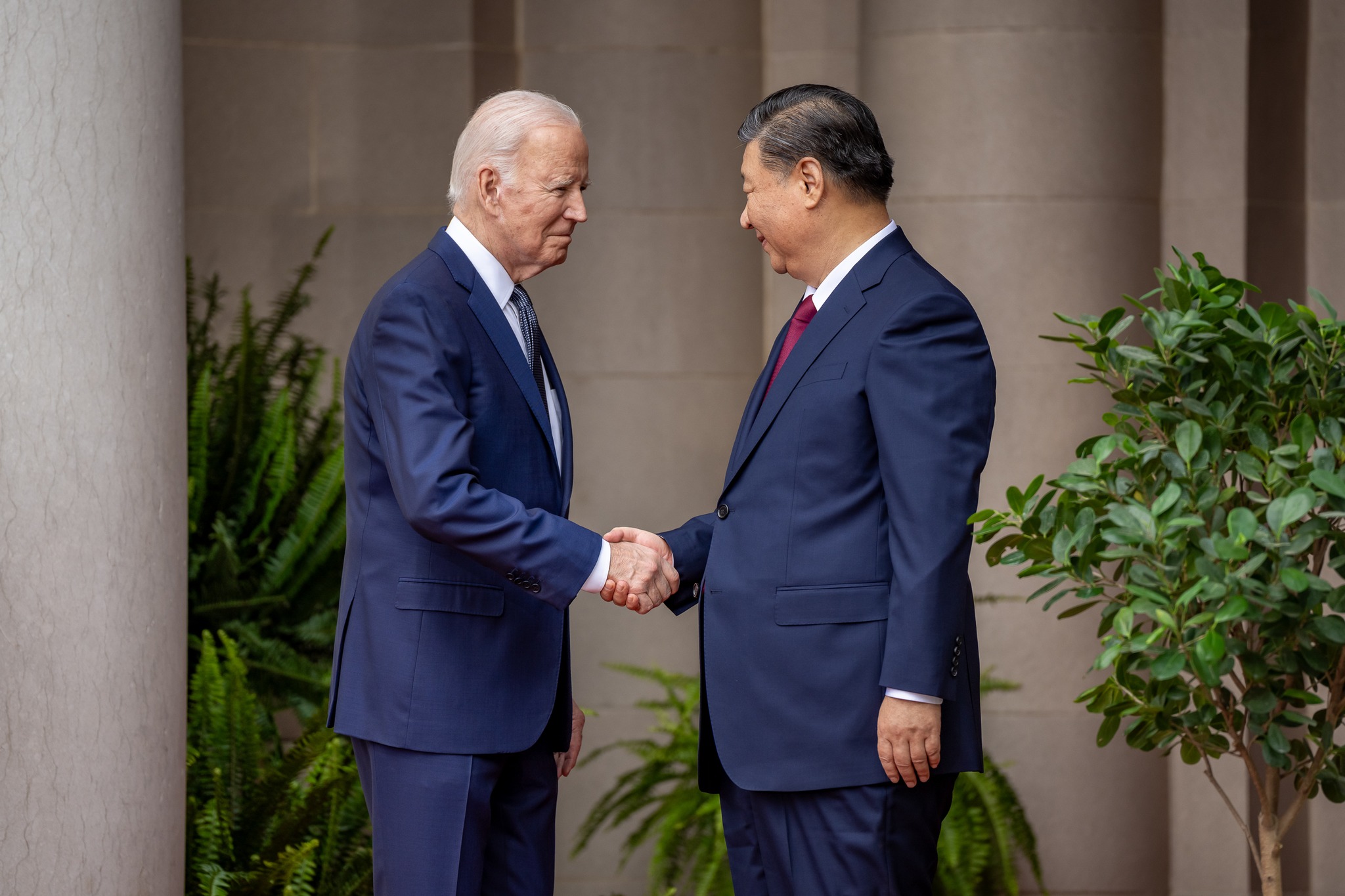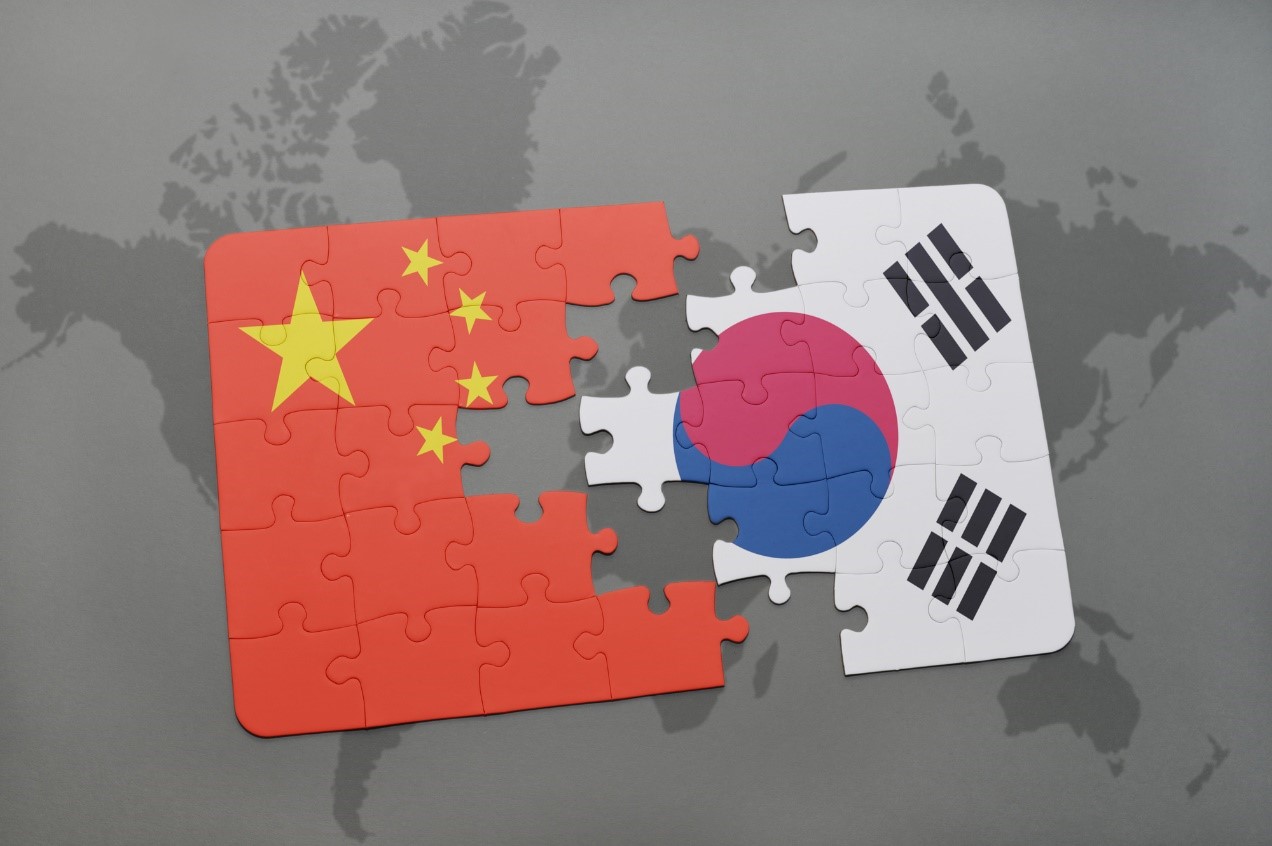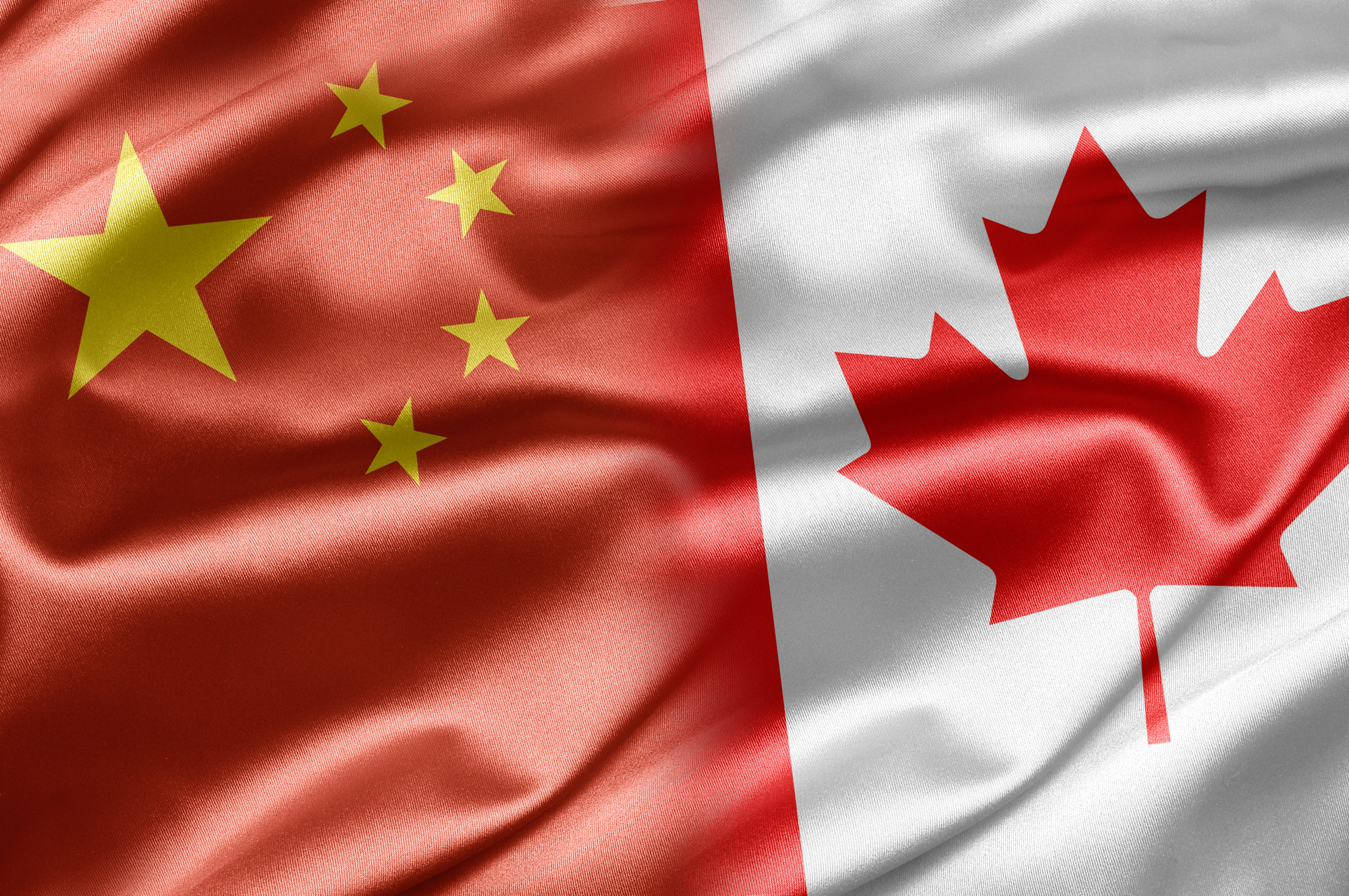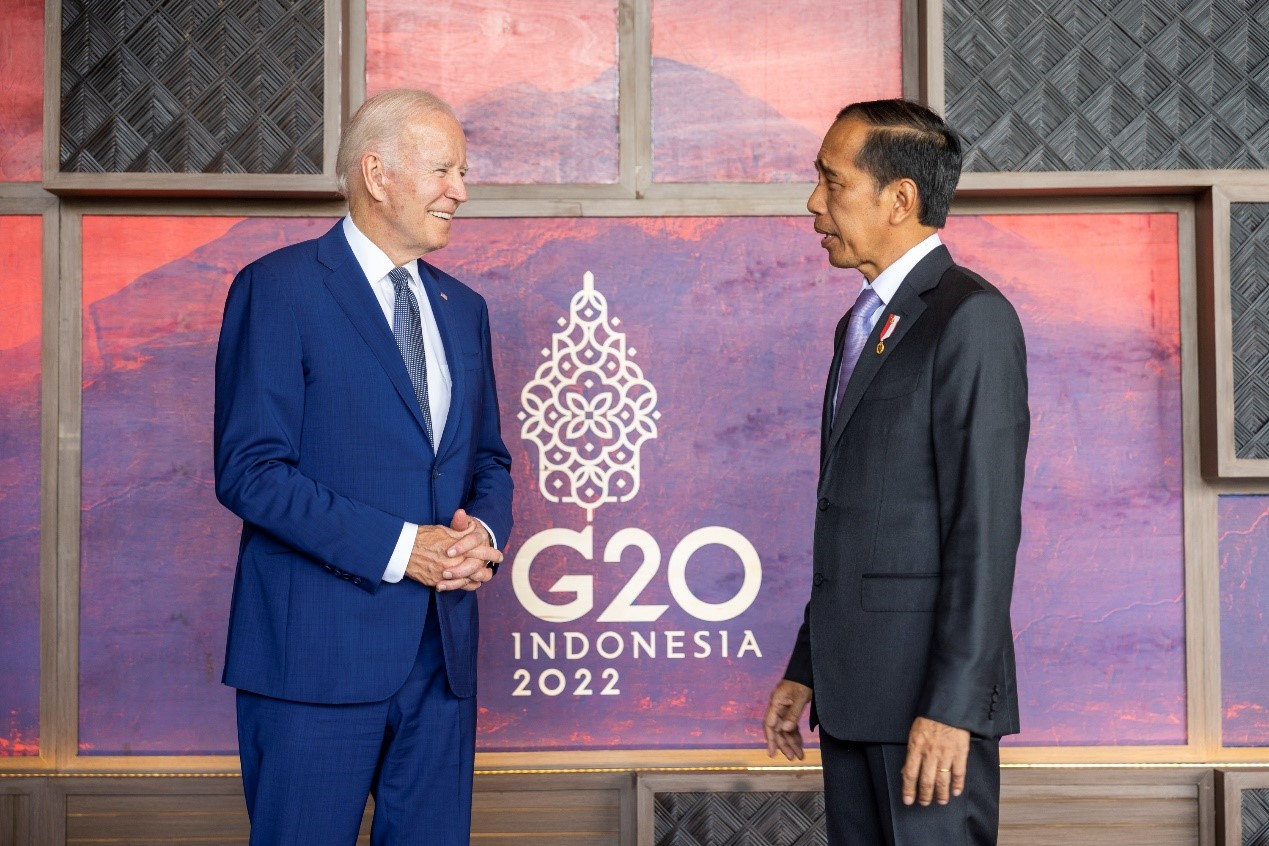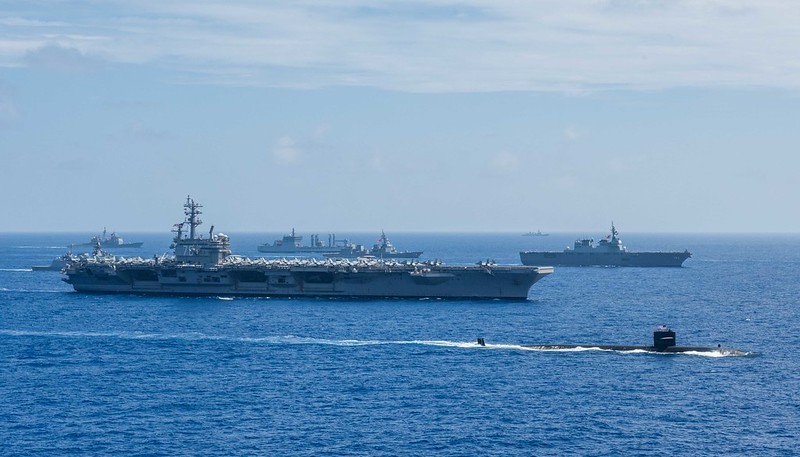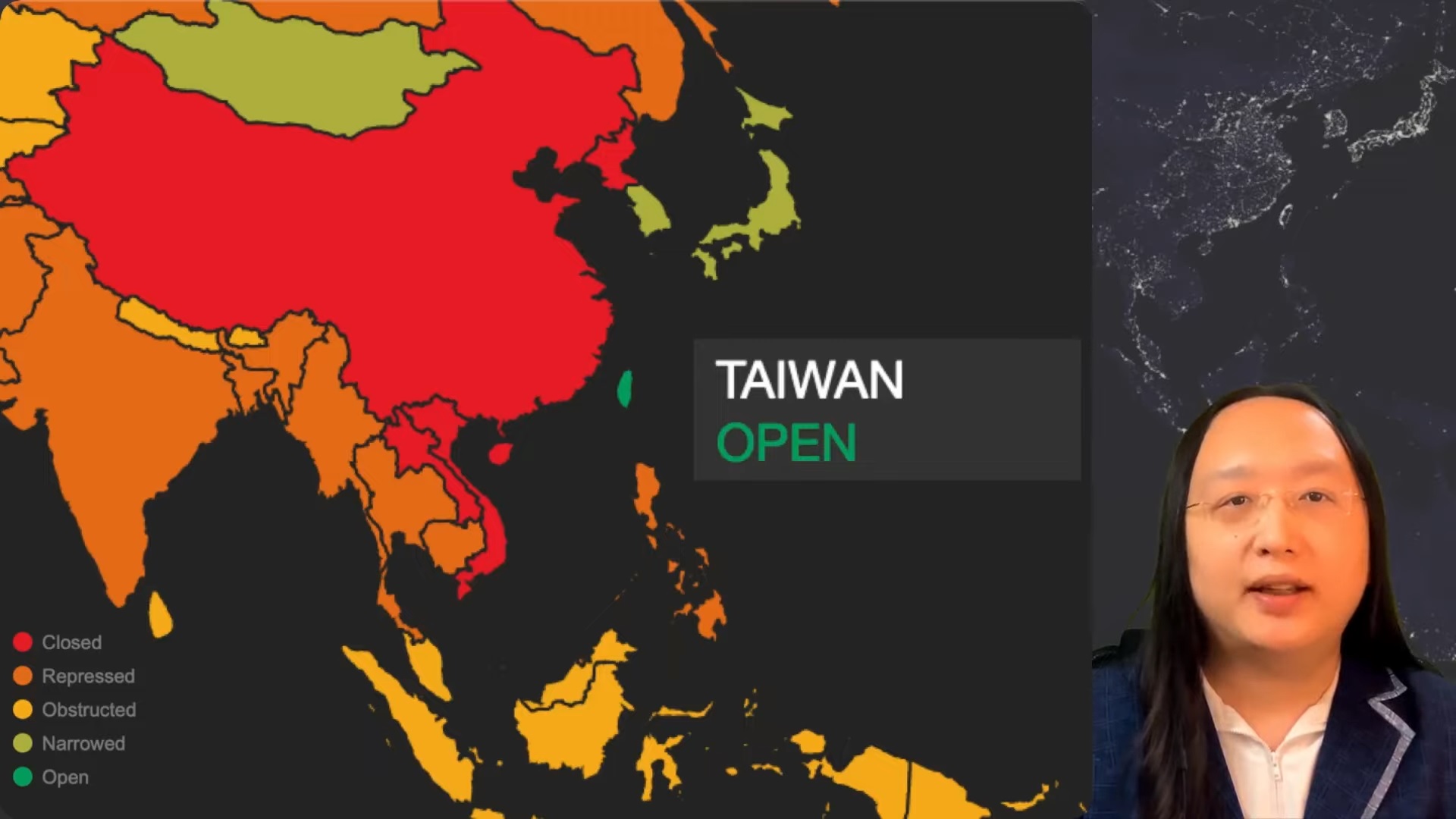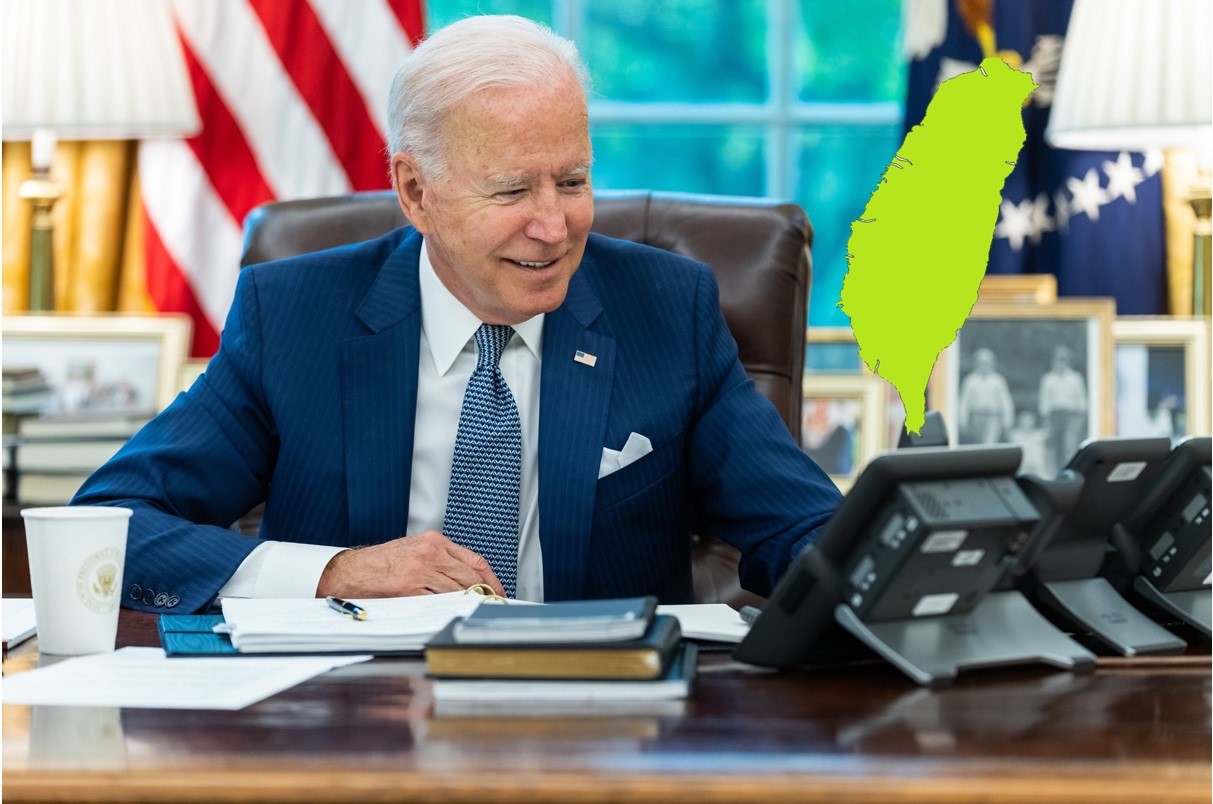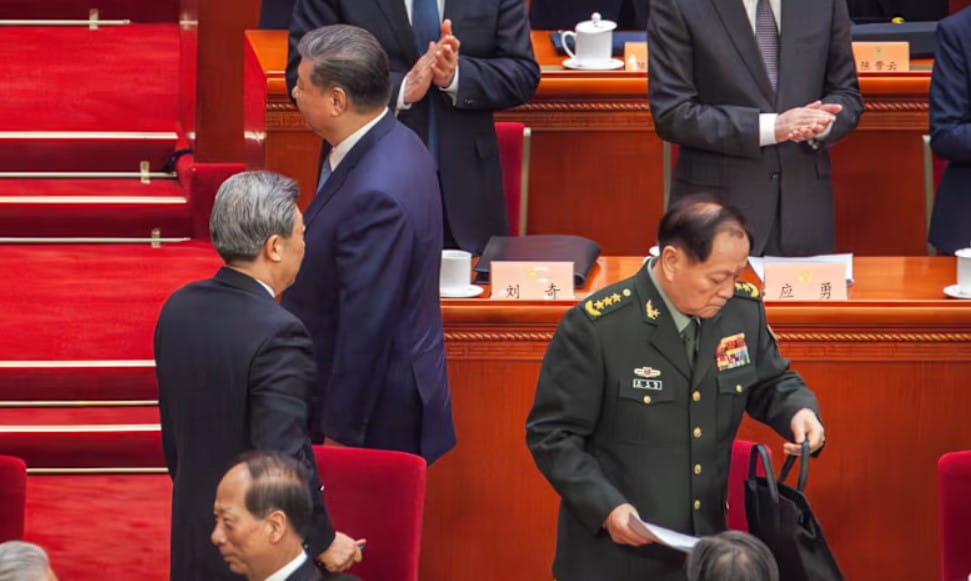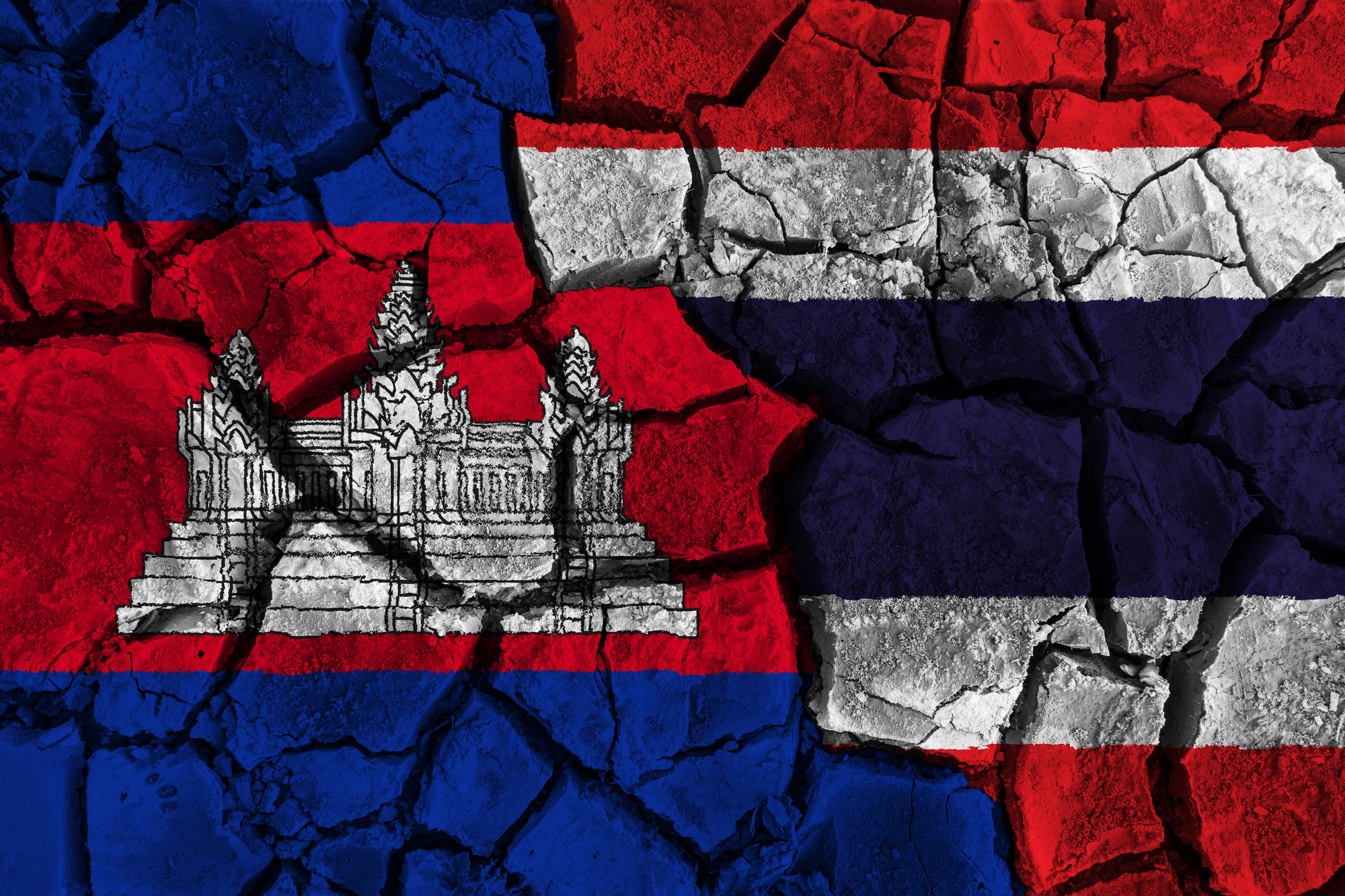The Regional Security Situation After the United States-Japan-South Korea Tripartite Summit
The Camp David meeting has institutionalized U.S.-Japan-South Korea cooperation and helped develop U.S.-Japan-South Korea cooperation in the direction of regionalization and globalization. These are indicative of a new approach to the U.S. Indo-Pacific strategy. Picture source: President Biden, “Welcome to Camp David, President Yoon and Prime Minister Kishida,” August 19, 2023, X, https://twitter.com/POTUS/status/1692610852661174407/photo/1.
Prospects & Perspectives No. 49
The Regional Security Situation After the United States-Japan-South Korea Tripartite Summit
By Ming-juinn Li
The mention of Camp David reminds us of the 1978 Trilateral Summit between the United States, Egypt and Israel, which led to the reconciliation of Israel and Egypt and the signing of a peace agreement, thus opening the way for peace in the Middle East. Now, Camp David is making history again by bringing together the “enemies and friends” but sometimes frictional Japan and South Korea to unite the two camps of the U.S.-Japan alliance and the U.S.-South Korea alliance. After the meeting, a joint statement by the U.S., Japan and South Korea revealed that from now on the Trilateral Summits would be held on a regular basis every year. Additionally, the Japan Self-Defence Forces (JSDF) and the U.S.-South Korean forces will conduct joint exercises on an annual basis. This has brought the security situation in Northeast Asia into a whole new era.
Tripartite cooperation and U.S. power in East Asia
Since the Obama government put forward the policy of “return to Asia,” or “pivot,” the United States has sought to promote tripartite co-operation between the United States, Japan and South Korea. The intention was to increase the power of its strategic operations in East Asia. However, the failure to improve the relationship between Japan and South Korea has limited the results of this endeavor. Still, current developments in the international situation have also enabled the U.S., Japan and South Korea to take a big step forward in the integration of security.
Russia’s invasion of Ukraine gave the international community a sense of reality about the war, which in turn put Japan and South Korea firmly on the same side as the United States. In the face of North Korea’s increasing missile and nuclear threat, as well as China’s assertive military activities in the Indo-Pacific region and growing economic influence, the U.S., Japan, and South Korea have actively sought to strengthen cooperation on security and safety. At the same time, the U.S., Japan, and South Korea have begun to explore areas such as artificial intelligence (AI), economic security, and cybersecurity in order to jointly agree on a consultative platform for setting up cooperative measures. The importance of such trilateral cooperation extends beyond specific security issues related to North Korea, and could even serve broader U.S. objectives in Asia.
The unprecedented U.S.-Japan-South Korea summit at Camp David was not only a major breakthrough in Japan-Korea relations, but also a major success in Biden's diplomatic history. After the meeting, the U.S., Japan, and South Korea formally announced the “Camp David Principles,” the guiding principles for U.S.-Japan-South Korea medium- and long-term cooperation, and the “Spirit of Camp David,” a joint statement outlining the framework for specific cooperation. The “Camp David Principles” agreed to elevate security cooperation to a new level, and to promote a “free and open Indo-Pacific” based on shared values, strongly opposing any attempt to unilaterally change the status quo based on power and coercion alone. The “Spirit of Camp David” confirms that the U.S.-Japan-Korea trilateral dialogue will be institutionalized to initiate policy and implementation coordination. The topics will include the Indo-Pacific region and global issues. This is very different from the past U.S.-Japan-South Korea trilateral meetings, which mostly focused on security issues on the Korean Peninsula.
U.S.-Japan-South Korea cooperation unveils a new approach to the U.S.’ Indo-Pacific strategy
Due to historical hostility and rivalry, until recently Japanese and South Koreans people could not imagine that the United States, Japan and South Korea could one day build a successful alliance. As the South Korean constitution stipulates that a president cannot be re-elected, Yoon Suk Yeol will leave office in 2027, and his efforts remain controversial at home. As a result, many Japanese are still skeptical about reconciliation with South Korea. Therefore, the purpose of the Camp David summit was to institutionalize the progress that has been made. In this way, it will be difficult to change even if there is a change of political parties in future.
On the other hand, in the past decade, China has used the “China-Japan-Korea Conference” to control its strategic agenda in the region. However, in future, China will likely attach less importance to the CJK Conference. Although the U.S.-Japan-South Korea talks are not against China, the U.S.-Japan-South Korea joint statement directly names, criticizes and warns China when talking about the regional situation. The U.S., Japan and South Korea expressed strong opposition to China’s dangerous and offensive behavior in the disputed areas of the South China Sea, as well as its attempts to unilaterally change the status quo in the Indo-Pacific region. The U.S., Japan, and South Korea reiterated the importance of peace and stability in the Taiwan Strait to the security and prosperity of the international community, and stated that the basic position of the U.S., Japan, and South Korea with regards to Taiwan remains unchanged.
The Camp David meeting has institutionalized U.S.-Japan-South Korea cooperation and helped develop U.S.-Japan-South Korea cooperation in the direction of regionalization and globalization. In the past, the U.S., Japan and South Korea already had “two-plus-two” meetings between the foreign and defense ministers. There is now an annual trilateral summit, a national security advisers’ meeting, and an annual meeting of finance, commerce, and industry ministers. In future, there will be an annual U.S.-Japan-South Korea Trilateral Indo-Pacific Dialogue, which aims to coordinate U.S.-Japan-South Korea Indo-Pacific strategies and practices, and a Development Policy Dialogue, which will begin in October this year, to coordinate U.S.-Japan-South Korea regional development policies. Taken together, these are indicative of a new approach to the U.S. Indo-Pacific Strategy.
(Dr. Li is R & D Director, Taiwan Brain Trust.)

